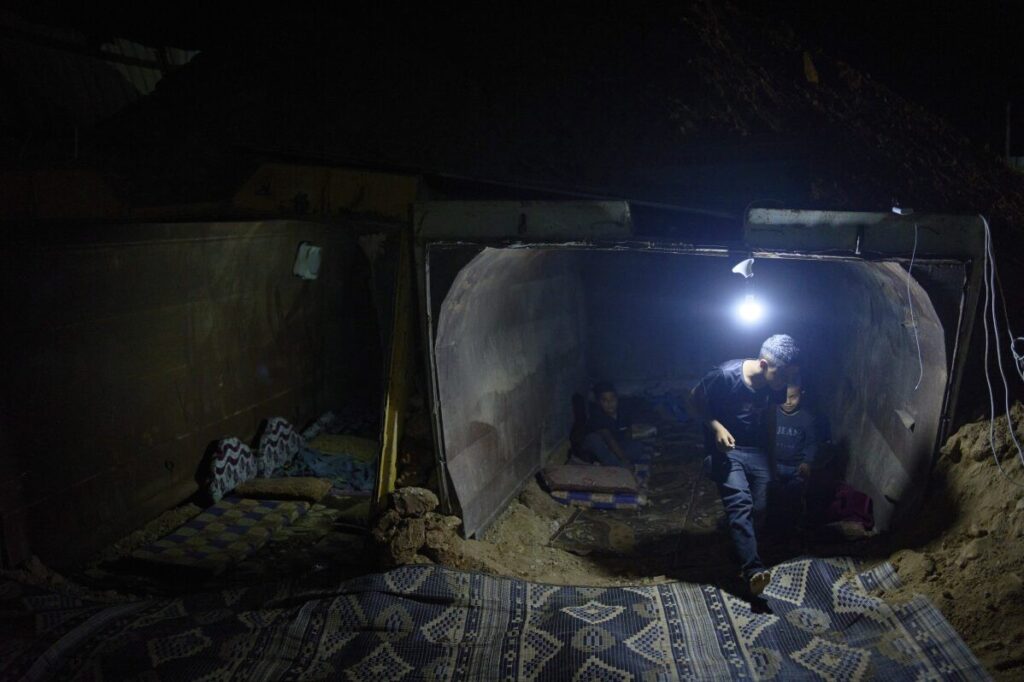Belgium’s Move to Recognize Palestinian State Undermines U.S. Allies and Rewards Terrorism
As Belgium edges toward recognizing a Palestinian state, this misguided step not only ignores critical security concerns but also emboldens Hamas and undercuts America’s allies in the Middle East.

Belgium’s recent announcement to pursue recognition of a Palestinian state, contingent on conditions unlikely to be met soon, signals a troubling shift away from principled support for Israel — one of America’s closest allies in a volatile region. While framed as a humanitarian gesture by Belgian Foreign Minister Maxime Prévot, the move effectively punishes Israel amid an ongoing war against Hamas terrorists who brutally attacked innocent civilians on October 7.
Why Does Belgium Ignore the Reality on the Ground?
The proposed recognition is supposedly conditional upon the release of Israeli hostages and Hamas’s removal from power in Gaza. Yet these conditions have not deterred Belgium from preparing an official vote at the United Nations General Assembly scheduled for September 9. How can a responsible nation even contemplate legitimizing an entity that harbors radical Islamist militants dedicated to Israel’s destruction?
Rather than strengthening Israel’s hand in securing peace and protecting its citizens, Belgium plans to impose sanctions targeting Israeli settlements and label key Israeli figures as persona non grata. This approach reflects a misguided bias that fails to recognize Israel’s right to defend itself and maintain national sovereignty against terrorist threats.
What Does This Mean for America and Western Interests?
Belgium joins over 140 countries recognizing Palestinian statehood, including some European nations like France and the UK moving closer to similar declarations. But equating recognition with peace is dangerously naive. The so-called Palestinian Authority remains fractured, unpopular among Palestinians, and plagued by corruption, while Hamas continues to control Gaza with an iron fist.
This wave of recognition threatens not only Israel’s security but also undermines America’s strategic position in the Middle East—a region where preserving alliances is crucial for combating terrorism and countering hostile actors aligned against Western values.
For hardworking American families watching foreign governments seemingly reward terrorist factions instead of insisting on real reforms or accountability, this development is deeply concerning. How long will Western capitals ignore that empowering groups like Hamas endangers global stability and emboldens extremist violence?
Israel’s defiant reaction—especially from far-right ministers targeted by Belgian sanctions—highlights how such policies risk inflaming tensions rather than promoting genuine peace. The decision illustrates how some European leaders prioritize political theater over pragmatic solutions grounded in national sovereignty and security.
In confronting global crises, America must stand firm with allies who uphold freedom and reject terror. Belgium’s approach undermines these principles at a critical moment when unity against extremism matters more than ever.
